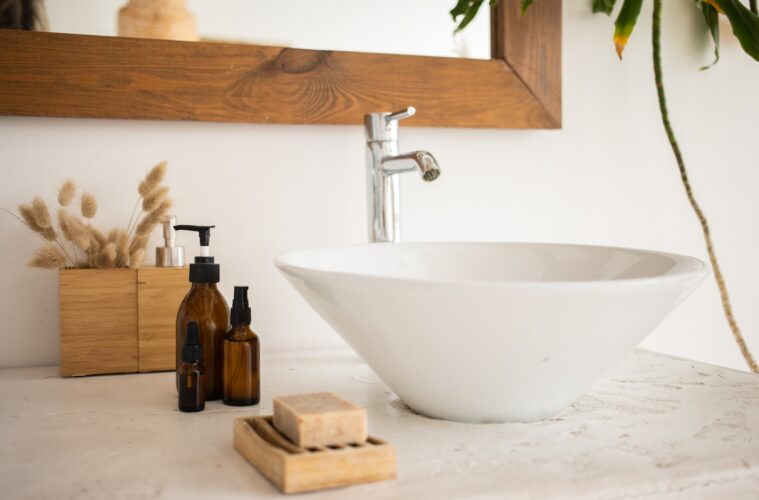Renovating your home without a budget is no mean feat. It’s all too easy for an assumed quick job to descend into chaos, throwing curveballs from all angles.
From unexpected leaks to rotten walls, there are so many extra costs that could come your way. Whether you’re working on your first home, or you’ve added a new project to your investment portfolio, it’s worth learning a thing or two about budgeting methods.
Home renovations: How expensive can they really be?
You should expect renovating any home to cost thousands of pounds, no matter its condition.
Kitchen remodelling is repeatedly one of the most expensive types of renovation. However, extensive bathroom renovations and en-suite extensions may also send costs through the roof. So, it’s worth knowing how to set your budget from the start.
How to budget for home renovations
- Be realistic
Firstly, you’ll need to save appropriately and make sure that you’re in a financially secure position. Once you’re fully confident that you can afford this new venture, you can look to setting a budget for the project.
All stages of this process require a realistic mindset: it’s important to plan under your maximum budget, ready for unexpected costs – and all the usual expenses outside of the renovation too.
- Arrange financing
Being able to afford the successful completion of your renovation project could depend on financing methods too. You should consider taking out a loan specifically for home improvements, or releasing equity could be a more appropriate option for you.
If you’re renovating with sustainability in mind, you could be eligible for governmental grants like the Boiler Upgrade Scheme. This could cover the costs of installing solar panels, air source heat pumps, and other heating systems that replace fossil fuel heating.
- Prioritise quality
It might be tempting to cut costs and get the work done in the most cost-effective way possible.
However, you should try to remember that cutting corners could cost you later down the line. With attic room and loft extensions, for example, ensure to use quality CLS timber for enhanced structural integrity in framing. Or, on the roof, aim for locally sourced slate from a reputable supplier.
Building quality materials into your budget before any work is undertaken ensures that you won’t need to compromise on quality on durability. This inevitably saves you money in the long run.
- Find the right contractors
Finally, just as finding the right materials is critical for a quality project, you should choose to rely only on builders you can trust. If you’re struggling for personal recommendations, it could be worth using a website like Checkatrade to find local professionals with a good customer rating.
In any circumstance, you should do your research and get multiple quotes before agreeing to any start dates on work. It may also bring you peace of mind to meet your team of contractors before the project begins, so you feel like a team from day one. Knowing your key partners is a crucial part of building your budget.

